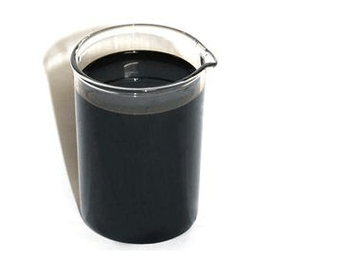EVALUATION OF SUB-ACUTE TOXICITY OF THE HYDRO-METHANOL STEM BARK EXTRACT OF BURKEA AFRICANA IN ALBINO RATS
Keywords:
Biochemical changes, gas chromatography, immunosuppression, medicinal plants, mass spectrometry, oxidative stressAbstract
Objective: This study was designed to investigate the sub-acute toxicity profile of hydro-methanol extract of Burkea africana (BA) stem bark in rats.
Methods: The stem bark of BA was extracted by cold maceration using 80% methanol. Twenty female albino rats were randomly assigned into four groups of five rats each. Group 1 (only distilled water). Groups 2-4 received the extract (100, 200, and 400 mg/kg) orally, once daily for 28 days. The rats were observed for signs of toxicity and the bodyweight (b.wt) of rats taken weekly. Blood samples were collected on day 28 for hematology and serum chemistry. Visceral organs were harvested for organ-somatic index and histopathology.
Results: There were no toxicity signs observed and no significant (p< 0.05) change in body weight but the pulmo-somatic index was significantly (p< 0.05) higher at 400 mg/kg compared with the control and other treated groups. Significant (p< 0.05) increase in PCV, RBC, and MCV and significant (p< 0.05) decrease in MCHC, Total WBC count, neutrophils and lymphocytes were observed. Also, there were significant (p< 0.05) decreases in ALT, total protein, globulin, total bilirubin of test groups when compared with the control group. Urea concentration of test groups significantly (p< 0.05) increased when compared with that of the control group.
Conclusions: BA stem bark extract can be said to have no deleterious effect on erythrocyte, but rather serve to improve erythropoiesis and also has no overt toxic effect on the visceral organs. Also the extract may have immunosuppressive and oxidative tendencies on prolong use.

Peer Review History:
Received 12 December 2020; Revised 13 January 2021; Accepted 18 February; Available online 15 March 2021
Academic Editor: Dr. DANIYAN Oluwatoyin Michael , Obafemi Awolowo University, ILE-IFE, Nigeria, toyinpharm@gmail.com
, Obafemi Awolowo University, ILE-IFE, Nigeria, toyinpharm@gmail.com
Reviewer(s) detail:
Dr. Idoko Alexander , Caritas University, Enugu, Nigeria, idokoalexander1@gmail.com
, Caritas University, Enugu, Nigeria, idokoalexander1@gmail.com
Dr. Taha A.I. El Bassossy , Medicinal and Aromatic Plants Department, Desert Research Center, Cairo, Egypt, tahachemist2008@gmail.com
, Medicinal and Aromatic Plants Department, Desert Research Center, Cairo, Egypt, tahachemist2008@gmail.com
Downloads

Published
How to Cite
Issue
Section

This work is licensed under a Creative Commons Attribution-NonCommercial 4.0 International License.









 .
.